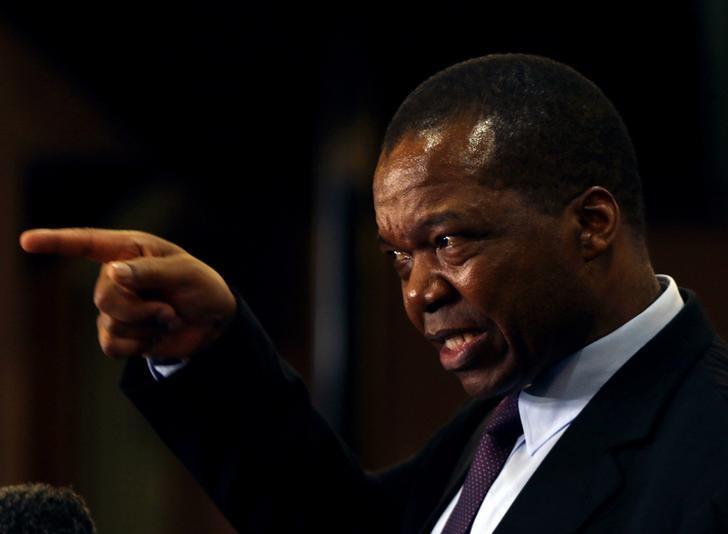US$120m forex allotments backlog cleared
The bulk of the US$120 million backlog in the foreign currency auction allotments has been cleared with the Reserve Bank of Zimbabwe (RBZ) last week releasing US$100 million, Governor Dr John Mangudya told a Parliamentary portfolio committee yesterday.
At the same time, the banking system held US$1,2 billion in foreign currency accounts at the end of last week, a 50 percent rise from the US$800 million at the end of last year.
Dr Mangudya was answering questions when he appeared before the Portfolio Committee on Information Communication Technologies, Posts and Courier Services.
While the productive sector has generally been very positive about the foreign currency auctions each week, many have been concerned about the growing delay between a successful bid and allotment and the arrival of the foreign currency in their bank account to pay their designated foreign supplier.
While bidders have been assured that the foreign currency retained by RBZ from exporters is adequate to fund the imports on the priority lists, it has been pointed out that the flow of export earnings is not uniform over a year, with peaks and troughs that need to be averaged out, and so there can be delays in some months, especially early in the year.
The growing funds held in the banking sector are legal funds coming from diaspora remittances, exports, investment income and foreign currency generated internally.
“The growth is good and shows that there is confidence in the market and people are banking their money. That money can now be used to propel the economy.
“So it’s good for the economy, for the banking sector, for the people and it’s good for investors and they can borrow,” Dr Mangudya said.
Confidence in the market was also seen from the financial statements being released by companies which was generally showing a rise in profitability.
Turning to the requirement for banks to pay interest on call deposits, Dr Mangudya said RBZ was engaging banks to craft modalities on the implementation of Statutory Instrument 65A of 2020 compelling the institutions to pay interests on all deposits.
The directive was issued to promote financial intermediation and to stimulate production. However, the banks have not observed the directive, arguing that they could not easily on-lend money in call deposits and the depositors could demand their money at any time.
“We need to operationalise it (the SI) to ensure that there is consistency between the letter and spirit of that instrument and what’s happening on the ground,” he said.
Dr Mangudya said there was a general agreement within the financial services sector on the need to pay interest on deposits.
“We hope the consultations would be concluded by the end of the week or early next week,” he added.
Lending rates are largely determined by the policies set by the RBZ Monetary Policy Committee, but almost all the money lend by banks comes from term deposits, where the depositors place their money for a fixed period during which they cannot withdraw it.
During this period they are paid interest because the bank can bulk these deposits and on-lend a decent fraction.
The argument for interest on call deposits arises from the fact that while in theory all cash in call deposits can be used by the depositors instantly, not all call deposits are emptied simultaneously, so there is always some money in the banking system that is held in call deposits.-herald.cl.zw










